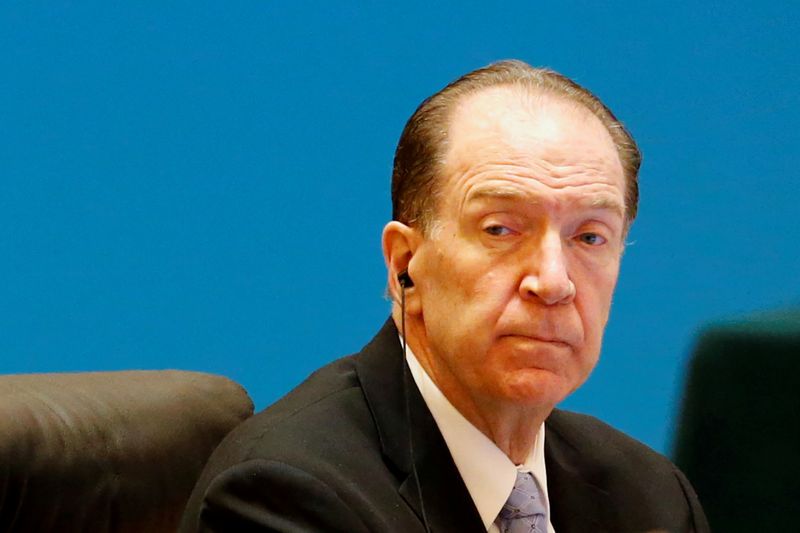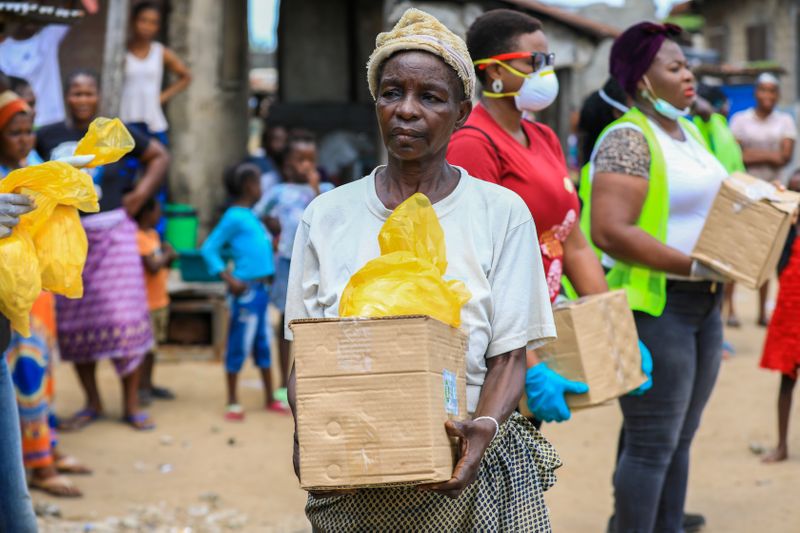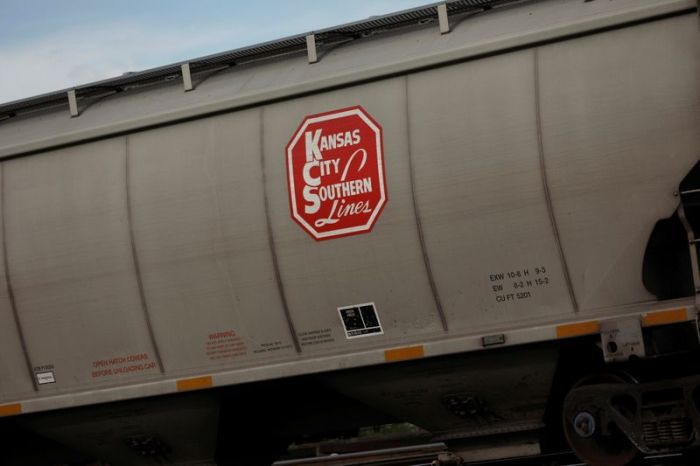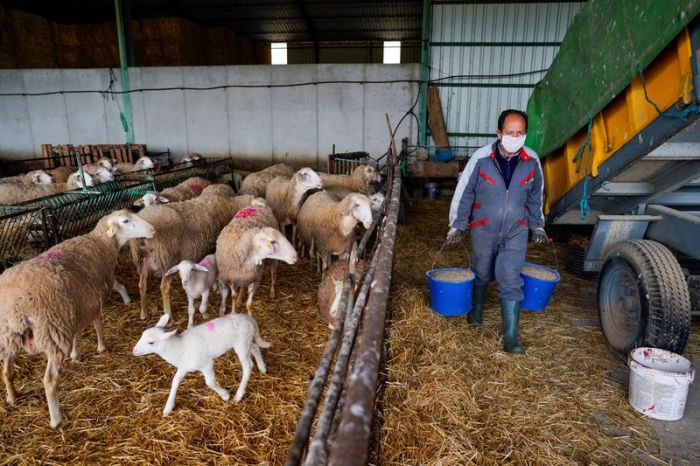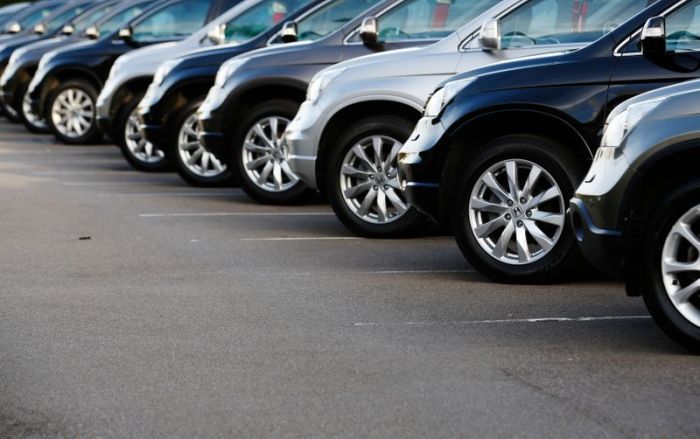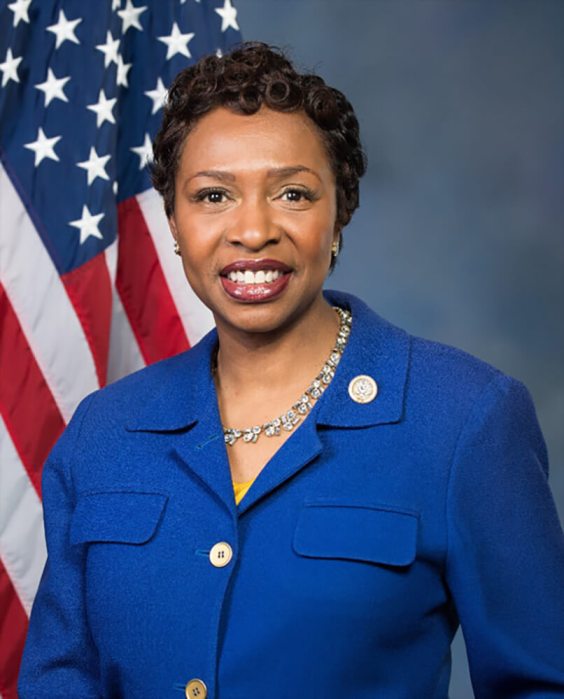WASHINGTON (Reuters) – The World Bank and International Monetary Fund should seek case-by-case solutions to ease debt burdens on middle-income countries hit by the coronavirus pandemic, key shareholders said on Friday, fueling calls to widen relief already provided to the poorest countries.
United Nations Secretary-General Antonio Guterres, in separate remarks, also urged creditors to grant a debt standstill for all developing countries, not just the poorest, warning that many faced debt distress due to a major global recession caused by the pandemic.
Guterres told a virtual conference on Africa hosted by the World Bank and IMF that the continent alone needed more than $200 billion to combat the sometimes-fatal disease caused by the novel coronavirus and mitigate its economic impact.
Earlier this week, the IMF forecast the global economy would contract by 3% in 2020 due to the pandemic, marking the steepest downturn since the Great Depression of the 1930s.
World Bank Group President David Malpass said the global recession would be deeper than the one seen during the global financial crisis of 2008-2009, and would hit the poorest and most vulnerable countries the hardest.
More than 2.14 million people in more than 210 countries and territories have been reported to be infected by the coronavirus globally and 143,744 have died, according to a Reuters tally.
In remarks to the 25-member Development Committee of World Bank and Fund shareholders, Malpass urged private creditors to support Wednesday’s agreement by the G20 major economies and the Paris Club to suspend bilateral official debt service payments for the world’s poorest countries through year-end.
Echoing a statement from the Group of 20 countries, the committee urged the Bank to explore suspension of debt payments for the world’s poorest countries.
China on Thursday also chimed in, saying the world’s biggest multilateral development bank should “lead by example.”
Nigerian Finance Minister Zainab Ahmed appealed to the World Bank and other multilateral institutions to find ways to participate in the debt relief push for the poorest countries, and to find “appropriate” solutions for middle-income countries.
CREDIT RATINGS
Malpass said the Bank would look at ways to expand its support for the poorest countries, but cautioned against a suspension of debt payments, underscoring the need to protect the Bank’s financial status, credit rating and ability to provide low-cost funding to members.
World Bank officials worry that suspending debt payments for the poorest countries could impair the excellent credit ratings currently held by the Bank’s IDA bonds and other instruments.
Malpass said the World Bank was financing and implementing pandemic response programs in 64 developing countries, with the number to grow to 100 by the end of April. The Bank was able to provide $160 billion of financing over the next 15 months, with some $50 billion earmarked for the poorest countries, or those eligible for International Development Association (IDA) aid.
Total aid offered by all multilateral banks amounted to more than $240 billion, he said, but resources would be needed.
“It’s clear that it won’t be enough. If we don’t move quickly to strengthen systems and resilience, the development gains of recent years can easily be lost,” Mal pass told the committee.
Guterres echoed those concerns, urging the IMF to issue an allocation of Special Drawing Rights (SDRs), its currency, a step that has been opposed by the United States. An SDR allocation is akin to a central bank “printing” new money.
(Reporting by Andrea Shalal; Editing by Andrew Heavens and Paul Simao)

